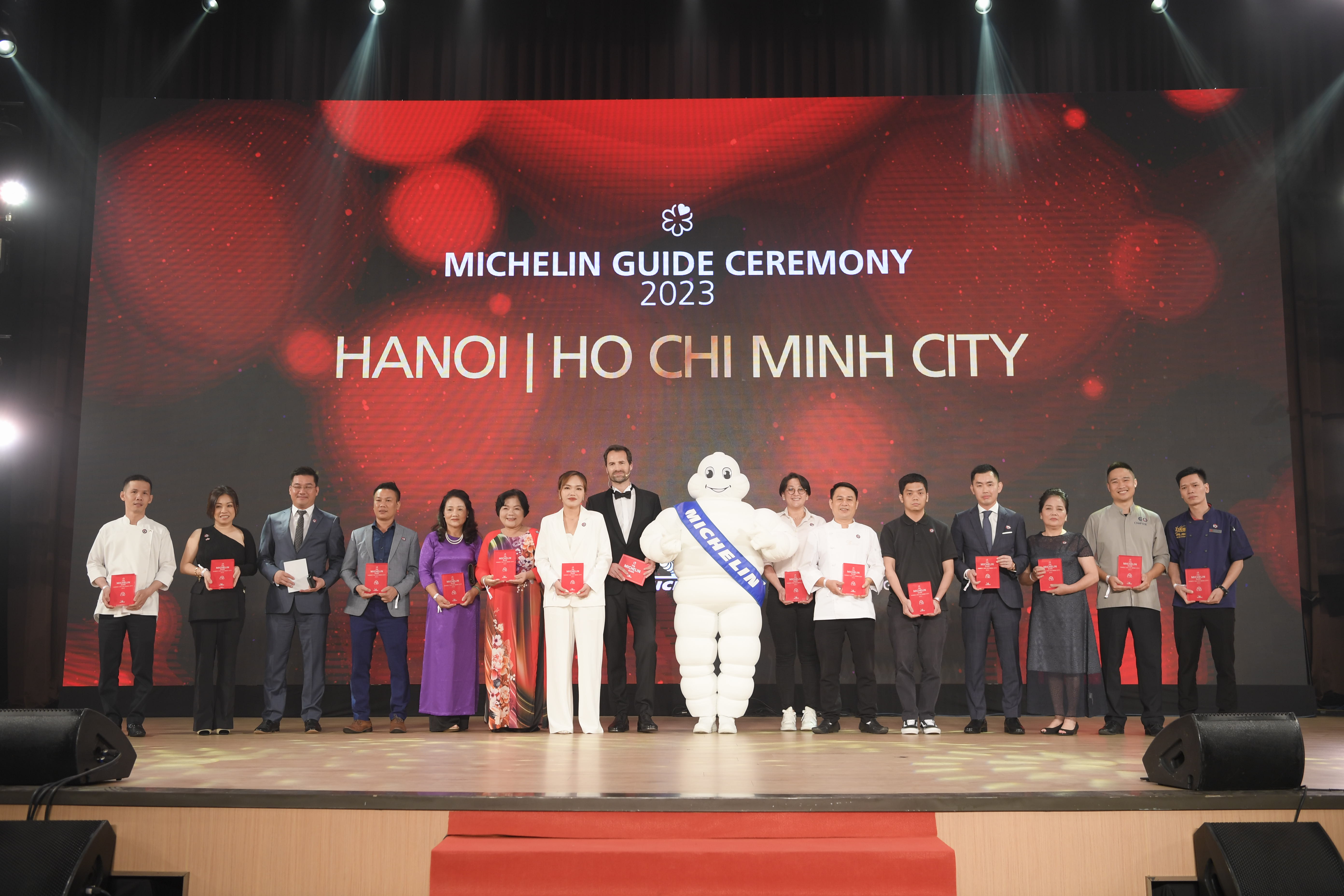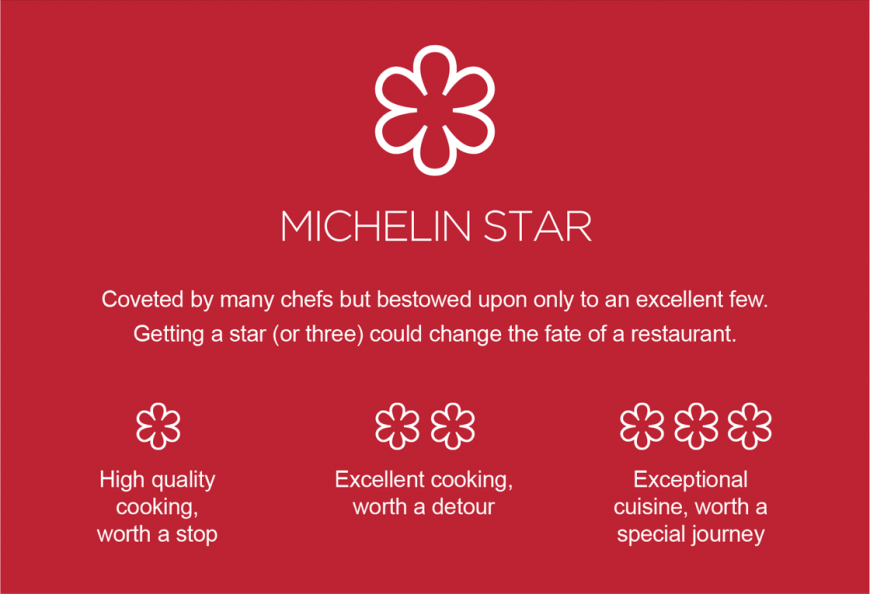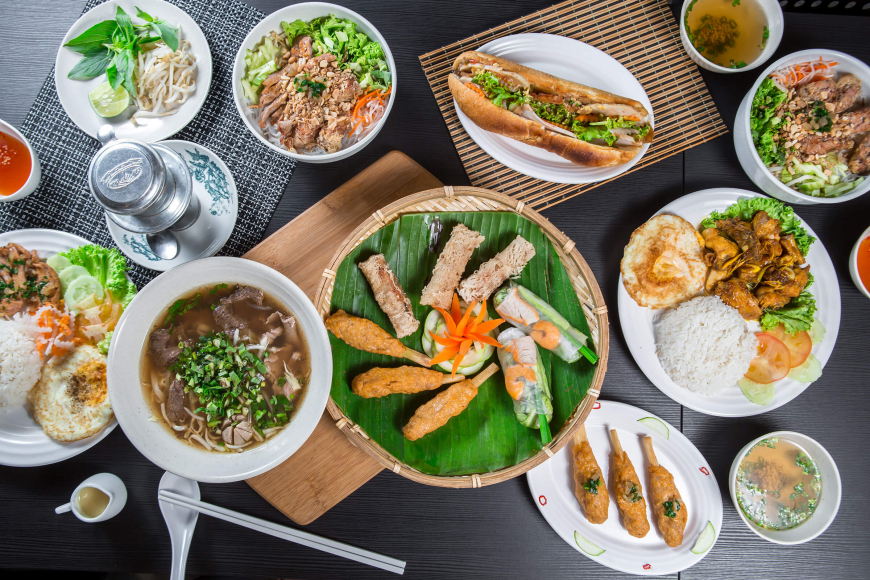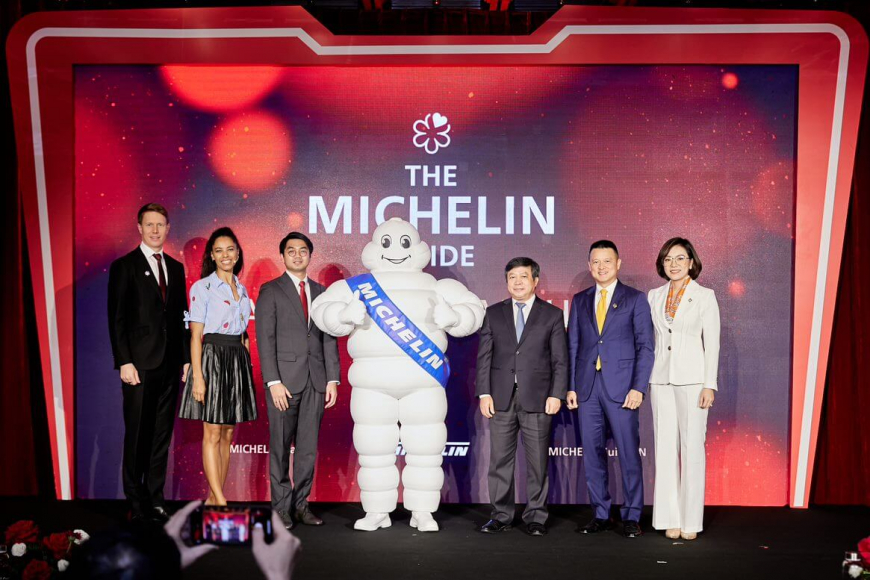
Photo: Michelin Guides
The internationally renowned Michelin Guides will begin the process of adding Ho Chi Minh City and Hanoi to the international section of their guide book series this year. Anonymous restaurant reviewers will spend months surveying the best of the food scene in the two cities. The final selection of Michelin restaurants will be revealed at a special event in June 2023.
After the public reveal, the full restaurant selection of Hanoi and Ho Chi Minh City will be available on all Michelin’s digital platforms, alongside the 40 other international destinations the guide has evaluated and selected.
The Michelin Guides
The Michelin tire company released its first Michelin Guide in 1900. At the time, it was a simple map with recommendations for hotels and Michelin tire change locations made for travelers on road trips. After a few decades, the Guide evolved to include restaurant listings. More than a century later, the Michelin Guide now highlights and uplifts the finest international food establishments, guiding foodies to the world’s best restaurants and culinary destinations.
The Michelin Guide awards a restaurant one to three stars based on the culinary experience it offers. An anonymous Michelin inspector follows a five-point criteria system as they assess restaurants. Restaurants are judged on elements of the food itself such as ingredient quality, cooking techniques, and flavor harmony. The restaurants’ ability to maintain quality over time and across a variety of menu dishes also plays a role. The most interesting criteria, however, is whether or not the chef’s personality is accurately reflected in the food.

Source: MICHELIN Guide
One star is awarded to restaurants for “high-quality cooking that is worth a stop.” A restaurant with “excellent cooking that is worth a detour” is awarded two stars. The coveted prize is a three-star ranking, awarded to restaurants with “exceptional cuisine that is worth a special journey.”
Food in Hanoi and Ho Chi Minh City
Vietnam as a whole is world-famous for its culinary excellence and diversity. In fact, the World Travel Awards recognized Vietnam as Asia’s Leading Culinary Destination in 2019 and 2020. Hanoi and Ho Chi Minh City are two of the country’s gastronomic powerhouses, with both cities offering quite different experiences.
Hanoi, the capital city, is known for its ancient heritage and tradition, expressed through its architecture and culture as well as its food. Dishes have been perfected over generations and centuries. Great-grandmothers serve boiling hot bun cha out of enormous vats on street corners to diners perched on humble plastic chairs – these recipes could compete with many a fine-dining establishment. But so too are there upscale gourmet restaurants whose head chefs have refined these time-honed techniques to such an extent that they serve these same traditional dishes with the highest-quality local ingredients to produce truly spectacular results.

In Ho Chi Minh City, centuries of trade and migration have resulted in a cosmopolitan wonderland of fusion food. Vietnamese chefs have traveled the world to bring foreign influence to local dishes. In Ho Chi Minh City restaurants, the local and the international blend, harmonize, and elevate.
The Future of Vietnamese Food and Tourism
A ranking from the Michelin Guide is one of the world’s most prestigious culinary awards. A recognition of any number of stars has a huge influence on a restaurant’s reputation, as well as the entire region where the restaurant runs. Many travelers choose establishments and destinations based on their Michelin Star rating, even choosing to repeat and extend their stays at Michelin-awarded locations. It’s a big boost to the local economy as well as to the individual restaurant.
The arrival of the Michelin Guide to Hanoi and Ho Chi Minh City will bring well-deserved international attention to Vietnamese cuisine. It will push the acclaim of the country’s food scene beyond its current boundaries. Local Vietnamese cuisine should be celebrated on an international stage. Such attention will in turn push Vietnamese chefs to practice their gastronomic art with even greater passion, creativity, technique, and the dedication that has run through the very soul of the country and its culture.

Source: Vietnam Tourism